Table of Contents
- Scribbles by Raisie: Destination Diary: China and What You Will Need
- 1 Chinese Renminbi/Yuan - Counterfeit money detection: know how
- Renminbi hi-res stock photography and images - Alamy
- Yuan Dynasty Paper Money
- China's Digital Yuan Should Be Welcomed by the U.S. - Bloomberg
- China Yuan Currency 11195903 PNG
- Chinese Yuan Symbol stock illustration. Illustration of exchange - 57891241
- How China's reacting to falling yuan, rising US dollar
- Chinese Renminbi Yuan - Photo by MiLu24 | The Most Important News
- China's renminbi share of global payments up in August: SWIFT - CGTN

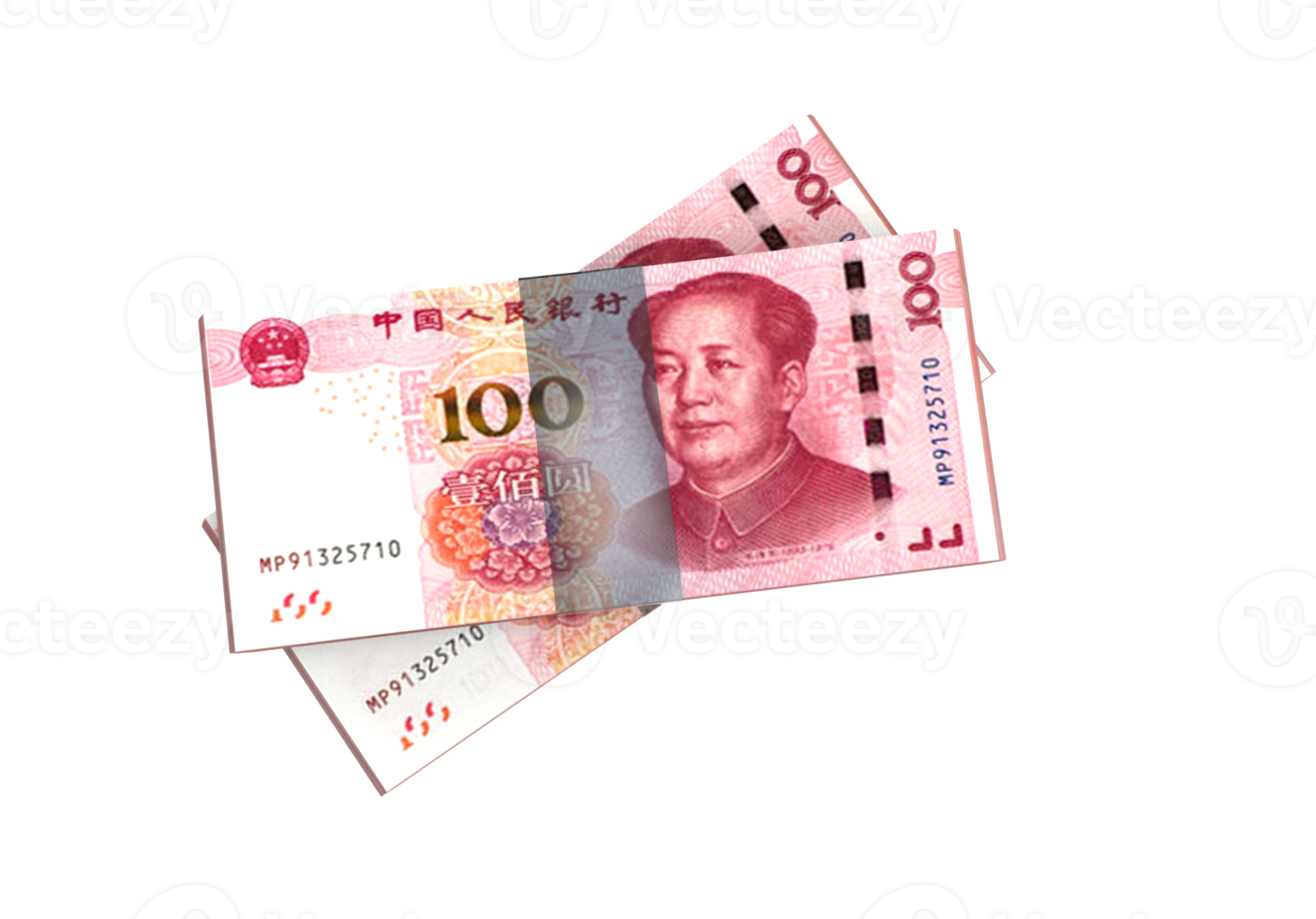

Introduction to Renminbi (RMB)
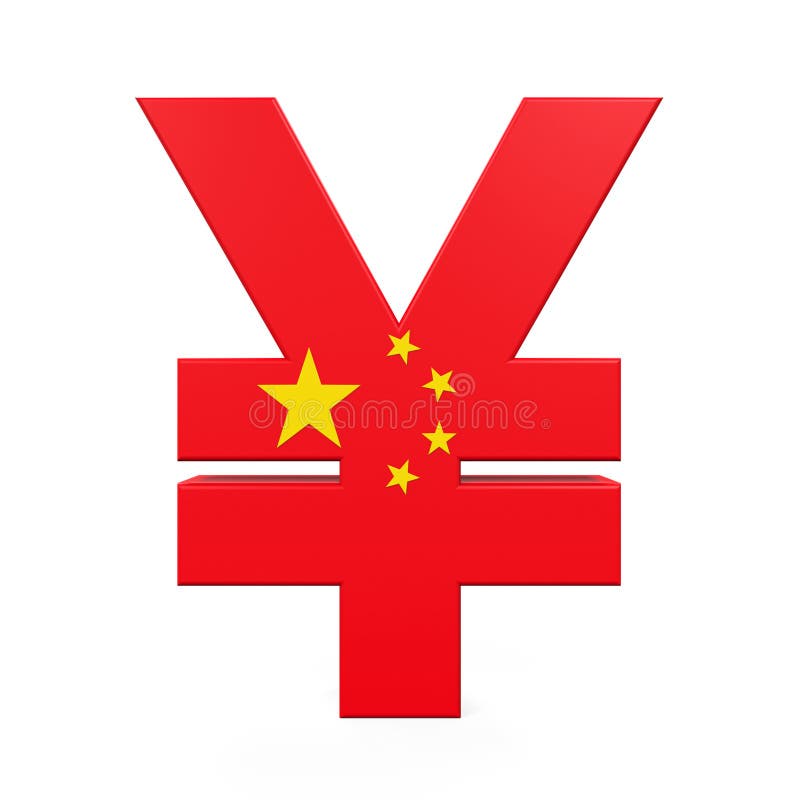


Understanding Yuan
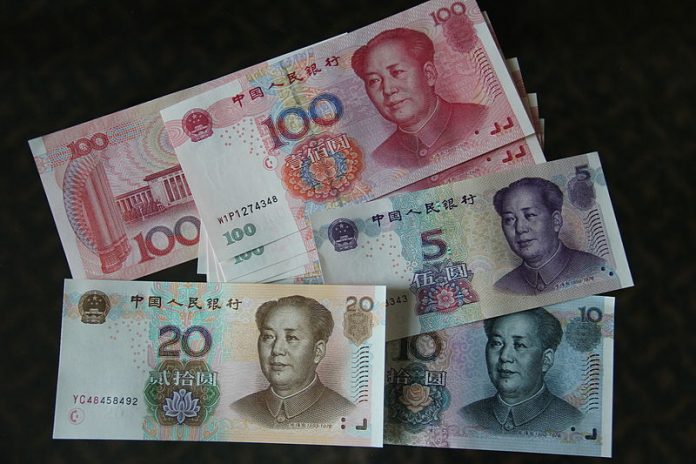
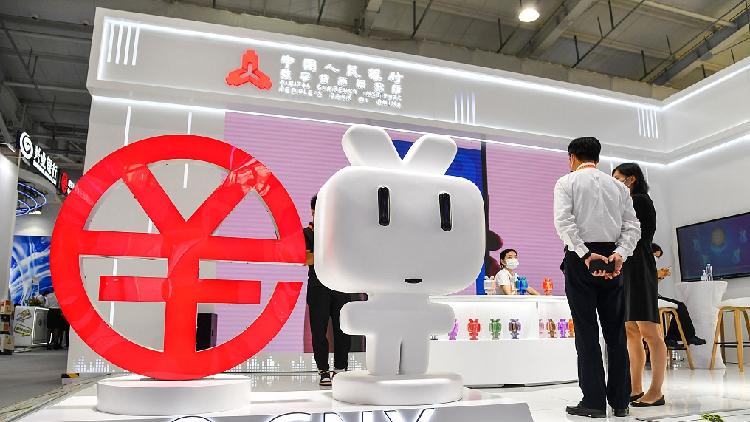
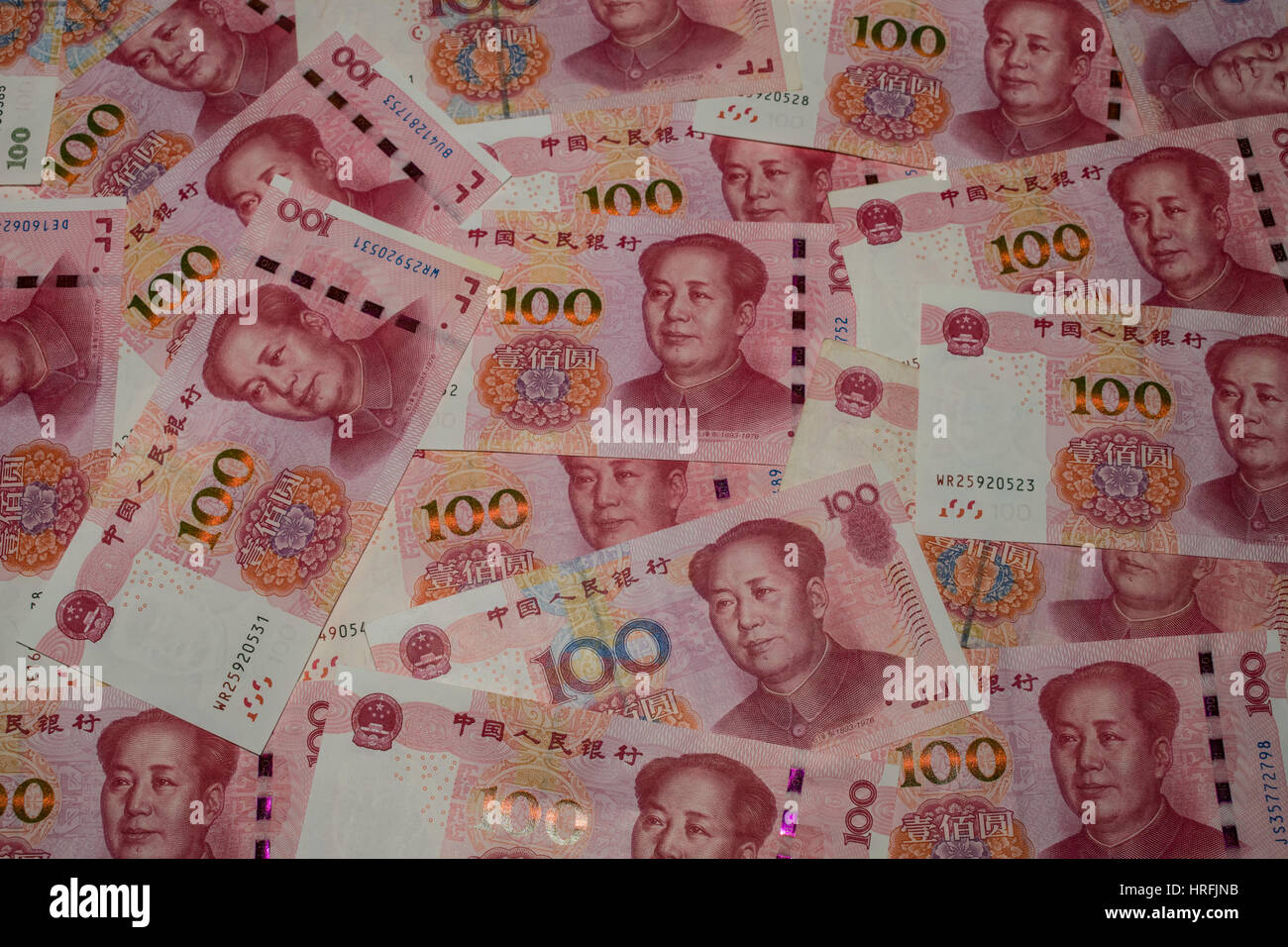
Usage and Context
In everyday language, both terms are often used to refer to the Chinese currency, and the distinction is not always made. However, in formal or financial contexts, it's more precise to use "renminbi" when referring to the currency system as a whole, including its various denominations, and "yuan" when specifically talking about the unit of exchange. For example, "The renminbi is managed by the People's Bank of China" versus "The value of the yuan against the dollar has fluctuated recently."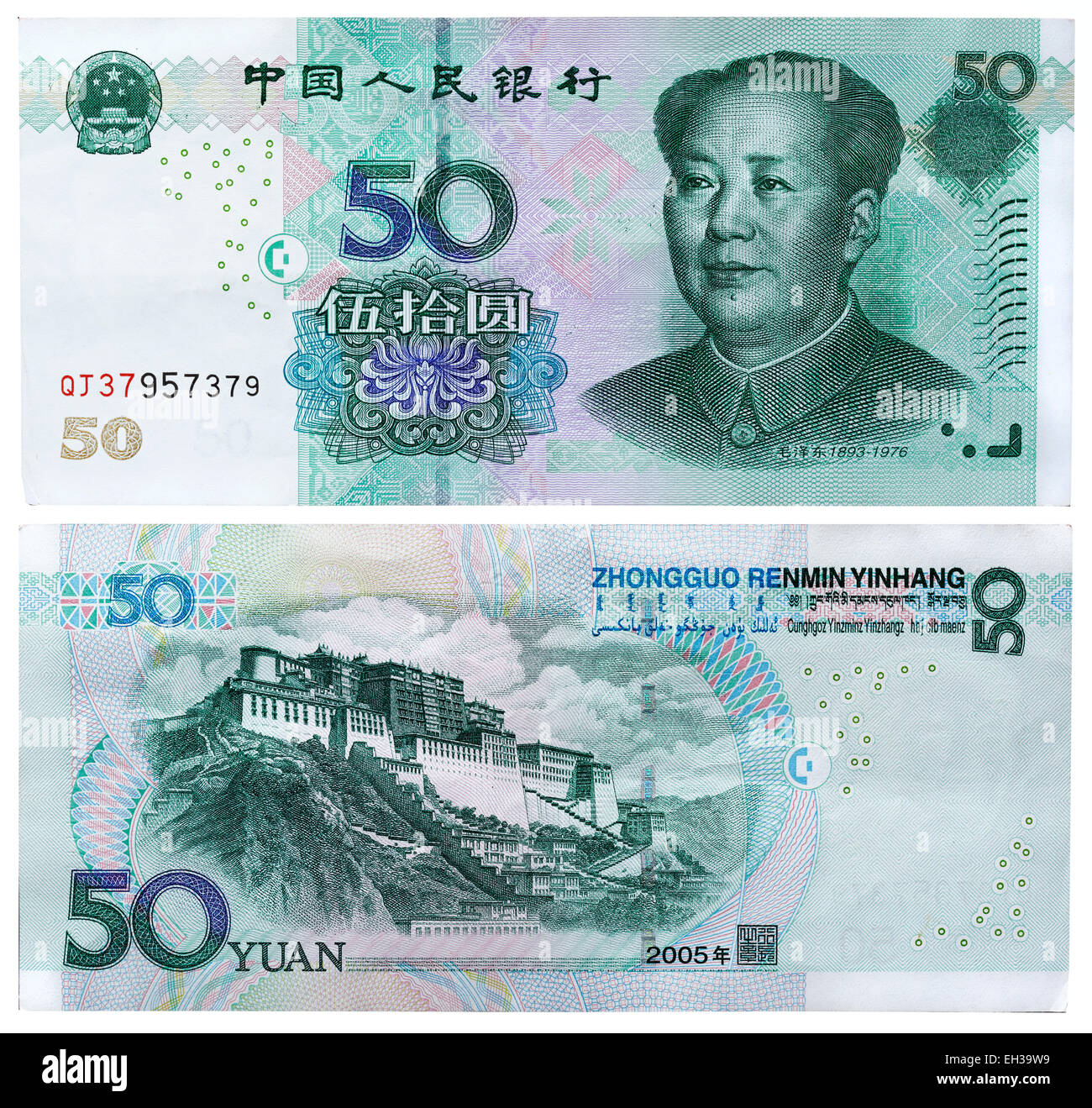
International Recognition and Trading
The renminbi, or more specifically, the Chinese yuan, has been gaining international recognition as a major currency. In 2015, the International Monetary Fund (IMF) added the renminbi to its Special Drawing Rights (SDR) basket, a move that marked a significant step in the internationalization of the Chinese currency. This development has encouraged the use of the renminbi in international transactions and has led to its inclusion in the foreign exchange reserves of several countries. In conclusion, while the terms "yuan" and "renminbi" are closely related and often used interchangeably, they have distinct meanings. The renminbi refers to the broader currency system of China, encompassing all its denominations, whereas the yuan is the basic unit of the renminbi. Understanding this distinction can provide clarity for those interested in the Chinese economy, international trade, and global finance. As the renminbi continues to play a more significant role on the world stage, recognizing the nuances between these terms can be beneficial for investors, economists, and anyone seeking to engage with the Chinese market.For more information on the Chinese economy and currency, visit Investopedia, a leading source for financial education and news.
By understanding the difference between yuan and renminbi, individuals can better navigate discussions and transactions involving the Chinese currency, ultimately fostering a deeper appreciation for the complexities of global finance.